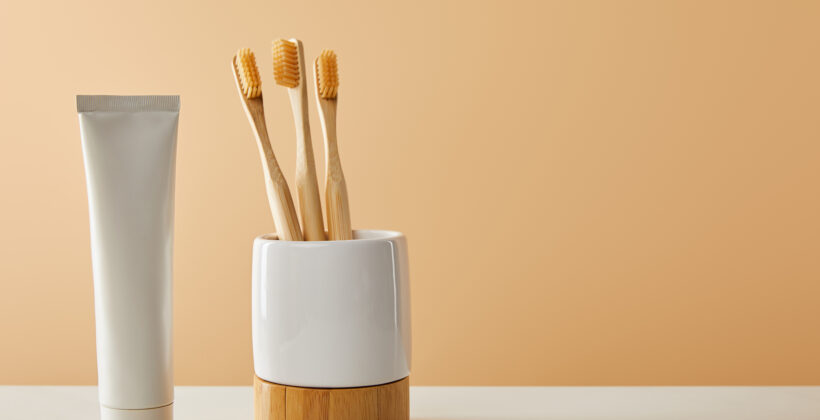As dental professionals, we receive all kinds of questions about brushing, flossing, cavities, gum disease, tooth loss, and dietary recommendations. There are many misconceptions about oral health that we hear repeatedly. In this blog, we’d like to address those and set the record straight!
Myth #1: Hard-bristled toothbrushes clean better.
While hard bristles may work best for scrubbing dishes, they aren’t best for teeth. In fact, they often hurt more than they help. Most dentists recommend soft-bristled toothbrushes so that patients don’t wear down their dental enamel over time.
Additionally, scrubbing your teeth really hard is counterproductive because it can damage the enamel and gum tissue. If you find yourself struggling with this, consider a mechanical toothbrush that does the work for you and lets you know when you are pressing too hard.
Myth #2: Flossing doesn’t make a difference.
We understand that flossing can be a tedious task, but it is so important! Toothbrushes can’t clean between the teeth where foods like bread and meat get stuck. When left behind, these food particles can quickly turn into plaque, then tartar which leads to cavities and gum disease.
Taking two more minutes to clean between your teeth with floss can prevent expensive and time-consuming dental treatments later on.
Myth #3: Sometimes gums bleed and it’s nothing to worry about.
Bleeding gums aren’t always a sign of a serious problem, but they are reason for concern. This is often one of the first noticeable signs of gingivitis, the first stage of gum disease. In its earliest stage, gum disease can be reversed, but if it progresses, it can only be kept at bay.
It is so important for those who have bleeding gums to visit their family dentist as soon as possible. Hopefully, a dental cleaning is the only required treatment.
Myth #4: Baby teeth don’t require as much care as permanent teeth.
Just because baby teeth (also called milk teeth) fall out doesn’t mean they aren’t necessary. Children need their teeth just as much as adults do. Teeth, whether they are permanent or not, help us eat and speak properly and contribute to high self-esteem. All of those things are very important for children!
Myth #5: You should only visit the dentist when something is wrong.
The goal of most dentists is to prevent oral health problems from ever occurring. That’s why your family dentist encourages you to visit her office every six months. Regular dental cleanings are a major component of a good oral hygiene routine and are imperative for preventing issues like decay, periodontal disease, bad breath, and tooth loss.
When patients wait until something is wrong to visit the dentist, they typically spend more time and money at the dentist’s office.
Lombard, IL Family Dentist
Want to learn more about your oral health and the best oral hygiene practices? Dr. Julie Glud at Dental Care of Lombard is prepared to answer any question you have! As a family dentist, Dr. Glud is the go-to expert for patients of all ages.
To learn more about our practice or to schedule a regular dental cleaning appointment, call 630-629-5700 today.

